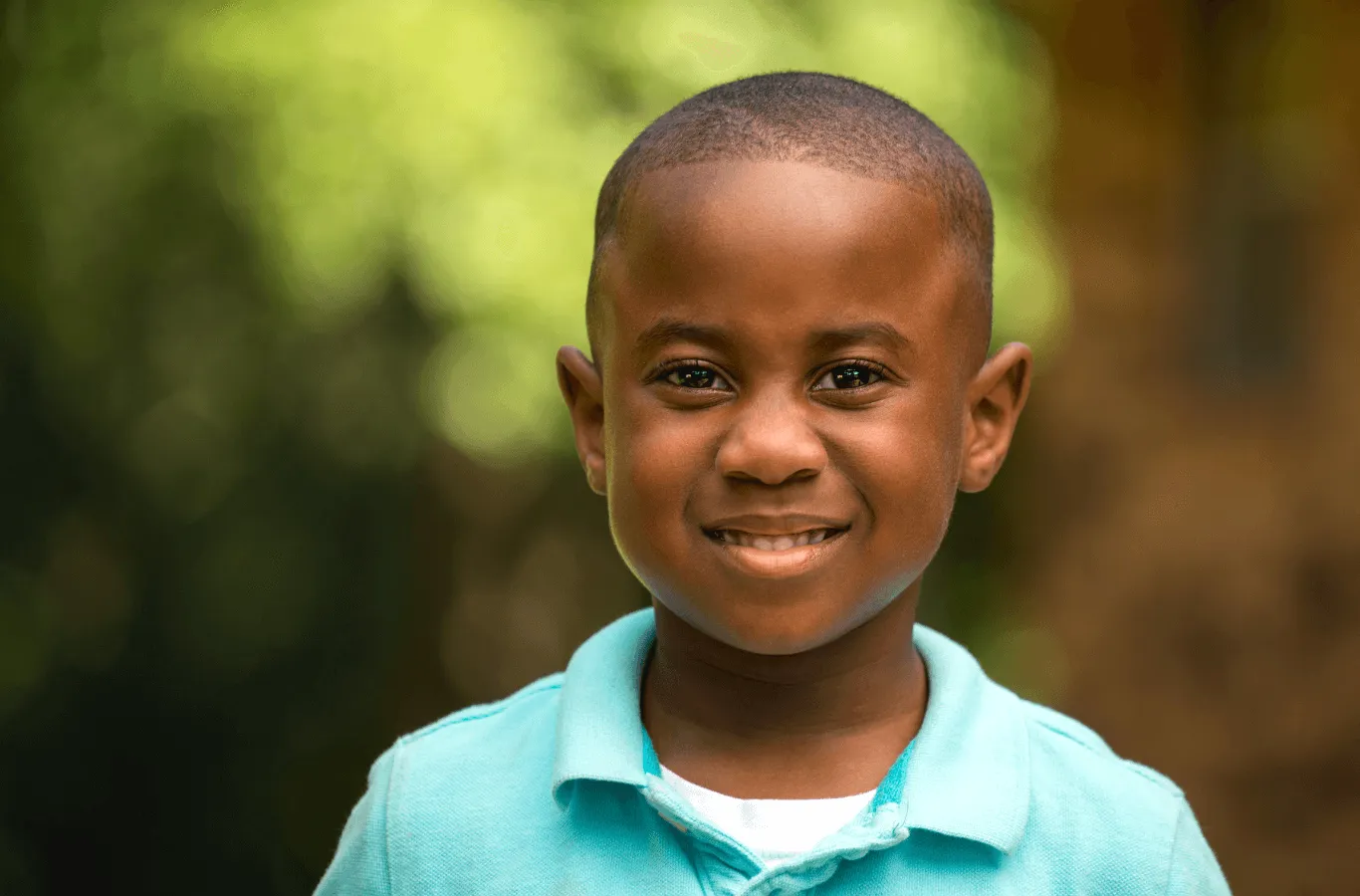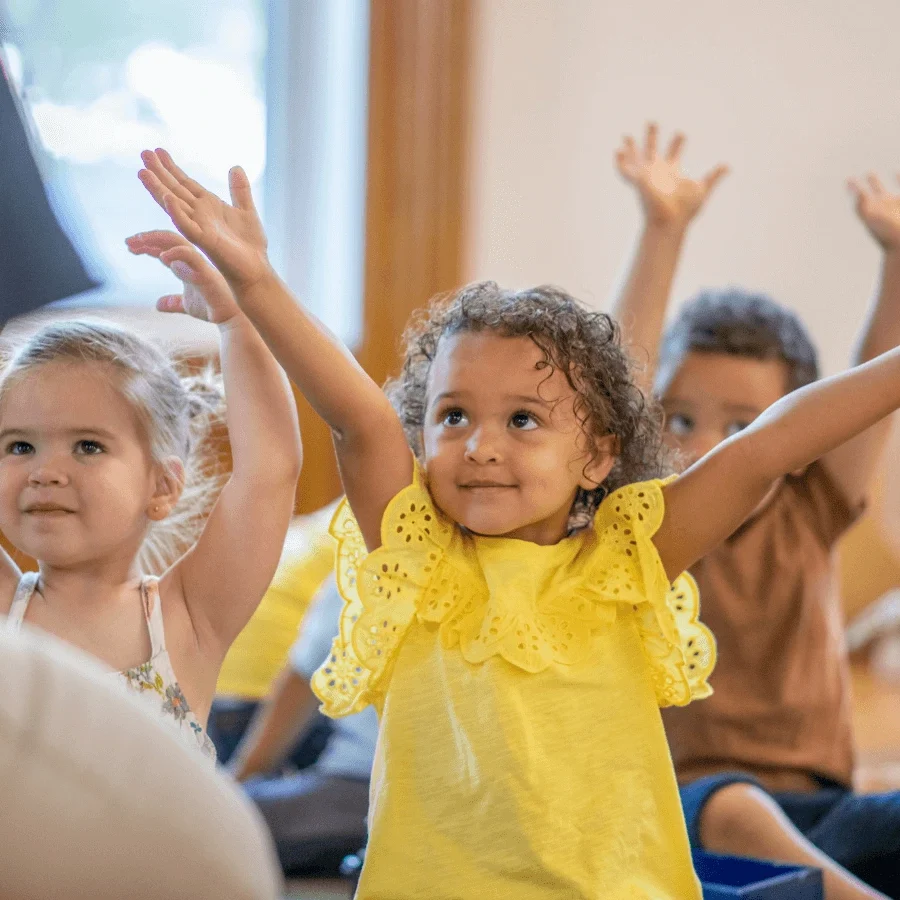TLC Program
BUILDING STRONG FOUNDATIONS
Ocean View TLC Program
We believe that building a strong foundation in our Christian atmosphere is the most important thing we can do for your children. We want to make learning fun by giving a variety of activities such as dramatic play, art, music, science, books, phonics, numbers, and outdoor activities. We will teach them how to strengthen inner emotional control and grow toward self-discipline. Your child will have opportunities to practice in academics, language, motor skills, and self-help. Most importantly, we want to provide opportunities for children to grow and develop their understanding of God’s love.

Classrooms
Infants
Spiritual Development
Our littlest learners experience God's love through soothing songs, prayerful routines, and tender care. Teachers speak loving words and sing faith-based lullabies to introduce God’s presence from the start.
Emotional Development
Infants develop trust through responsive care, consistent routines, and affectionate interaction. We help babies feel safe and secure as they begin to form strong attachments to caregivers.
Physical Development
Daily opportunities for tummy time, rolling, crawling, and reaching help infants strengthen their muscles and coordination in a safe, stimulating environment.
Cognitive Development
Through songs, cause-and-effect toys, and sensory play, babies begin to recognize patterns, sounds, and faces—laying the foundation for early learning.
Sign Language Development
We introduce basic signs such as “milk,” “more,” “all done,” and “please” to encourage early communication and reduce frustration before verbal language emerges.
Young Toddlers
Spiritual Development
Children begin to participate in short prayer times and Bible-based songs. They learn simple truths like “God made me” and “Jesus loves me” through repetition and loving guidance.
Emotional Development
Young toddlers are exploring independence while still needing comfort and security. We help them navigate early feelings and develop trust in others.
Physical Development
Children are on the move—walking, climbing, and beginning to feed themselves. Gross motor skills are supported through active play and exploration.
Cognitive Development
Early language skills emerge through story time, labeling, and interactive play. Children begin to follow simple directions and show curiosity about the world around them.
Sign Language Development
We continue using and expanding sign language vocabulary with signs like “help,” “eat,” “thank you,” and “stop” to give toddlers more tools to express themselves.
Older Toddlers
Spiritual Development
Simple Bible stories, songs, and mealtime prayers continue building spiritual awareness. Children begin recognizing familiar Bible characters and values like kindness and helping others.
Emotional Development
We guide toddlers in identifying and expressing feelings. Teachers support sharing, turn-taking, and beginning friendships.
Physical Development
Motor development is supported through climbing, running, and using toys that require hand coordination. Art, playdough, and stacking activities build fine motor skills.
Cognitive Development
Children are making connections, solving simple problems, and recognizing routines. They enjoy repetition and begin naming familiar people, animals, and objects.
Sign Language Development
We reinforce and build on familiar signs while introducing emotion-related signs like “happy,” “sad,” and “hurt,” supporting children as they learn to express their needs and feelings more clearly.
2-Year-Old Program
Spiritual Development
Two-year-olds learn that God made them special and that Jesus is their friend. Daily Bible time includes music, stories, and simple faith-based crafts.
Emotional Development
This age group is working on self-help skills and gaining independence. We help with big feelings and encourage empathy and patience with peers.
Physical Development
Active play supports balance and coordination. Fine motor skills grow through activities like lacing, painting, and using child-safe scissors.
Cognitive Development
Children explore colors, shapes, and counting. They ask questions and are eager to learn through hands-on activities and pretend play.
Potty Training
We partner with families during the potty training process, offering consistent routines, positive reinforcement, and lots of encouragement.
3-Year-Old Program
Spiritual Development
Children learn more about God’s world, His love, and how to treat others through Bible stories, songs, and prayer. Weekly chapel and memory verses begin at this stage.
Emotional Development
Three-year-olds practice resolving conflict with words and become more aware of others’ feelings. We encourage confidence, responsibility, and self-regulation.
Physical Development
Children refine gross motor skills with dancing, obstacle courses, and outdoor play. Fine motor skills are strengthened through tracing, painting, and building.
Cognitive Development
Early academic concepts like name recognition, sequencing, counting, and letter exposure are introduced through interactive and playful learning.
4-Year-Old Program
Spiritual Development
Pre-K students begin to understand deeper spiritual truths: God has a plan for them, they are loved, and they can make a difference. Prayer, worship, and character-building are part of the daily routine.
Emotional Development
Children develop strong social skills, learn to work in groups, and show empathy and responsibility. Teachers help them build confidence and a strong sense of identity.
Physical Development
With an eye toward kindergarten readiness, children develop stamina, coordination, and refined motor skills through guided play, games, and fine motor activities like writing and cutting.
Cognitive Development
Pre-K students work on pre-reading, math, science, and language development through inquiry-based learning. They grow as thinkers, problem solvers, and communicators.

Extras
A morning snack, lunch, and afternoon snack are provided based on the program in which your child is enrolled.
Meals are prepared by a chef daily.
Zonos sterilizing system is used to sterilize, furniture, toys and other classroom Items.
Each Week preschoolers participate in Chapel where they sing songs and hear a Bible Story.
A variety of special events are held throughout the year to expand learning and community, such as Scholastic Book Fair, Christmas programs, parent and grandparent luncheons, and our annual Trike-a-Thon.
Our developmentally appropriate playground offers many opportunities for active and creative play, and exercise for infants, toddlers, and preschoolers. All classes are scheduled to use the playground twice a day for 30 minutes.
The TLC playground, cafeteria, and classrooms are equipped with cameras. Parents may access these video feeds through password-protected viewing on a smartphone or personal computer after reading and signing our confidentiality agreement as part of registration.
Please view our current Parent Handbook for current policies.
Program’s Philosophy and Goals
Our Core Philosophy
✱ TLC is a ministry of Ocean View Church. We share a common philosophy based upon an understanding of the needs of children. Children learn best through age-appropriate play. As preschoolers pass through stages of development, we believe it is our goal to partner with parents to prepare each child for the next stage of spiritual, physical, emotional, and cognitive development.
✱ We strive to ensure the health and safe care of our children.
✱ We strive to establish meaningful communication with parents to ensure a satisfying relationship between the home and the center.
Moral Development & Spiritual Growth
An important part of nurturing our children involves moral development. The following is a list of the concepts we teach and can be emphasized at home as well.
✱ We believe that the best way to know God is to know someone that knows God. The child’s concept of God is an innate attribute. It develops as the love and care of God is communicated through the love and care given by a parent and teachers in everyday experiences. The child associates God with feelings of trust and security. The older preschooler learns that God created us and the world. The child learns that God hears us when we pray.
✱ The young child’s concept of Jesus is enhanced as he/she associates conversations and songs about Jesus with love and joy. The older child is capable of understanding that Jesus grew from a baby to a boy into a man. He helped people because He loved them.
✱ Preschoolers learn through the stories of the Bible that God loves them, God made them, and Jesus wants to be their friend forever.
✱ Preschoolers learn that God desires them to live in community. Community within their family, community within their friend circles, and community within their Church.
Self-Love & Positive Image
For a person to love others, he/she must love himself/herself. If a child feels good about himself/herself, he or she will be capable of responding to others with giving of love.
A positive self-image is formed from feelings of acceptance and love. The child learns he/she is important not only to himself/herself, but to others and most of all to God.
